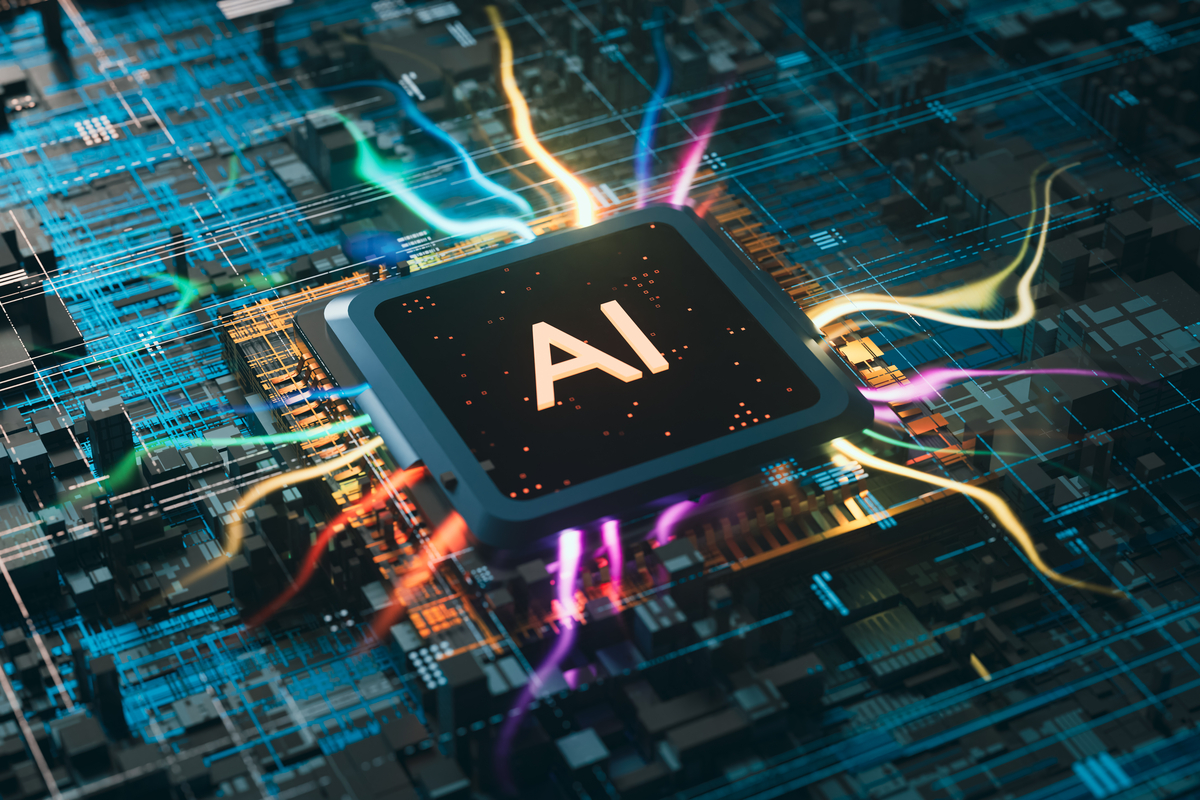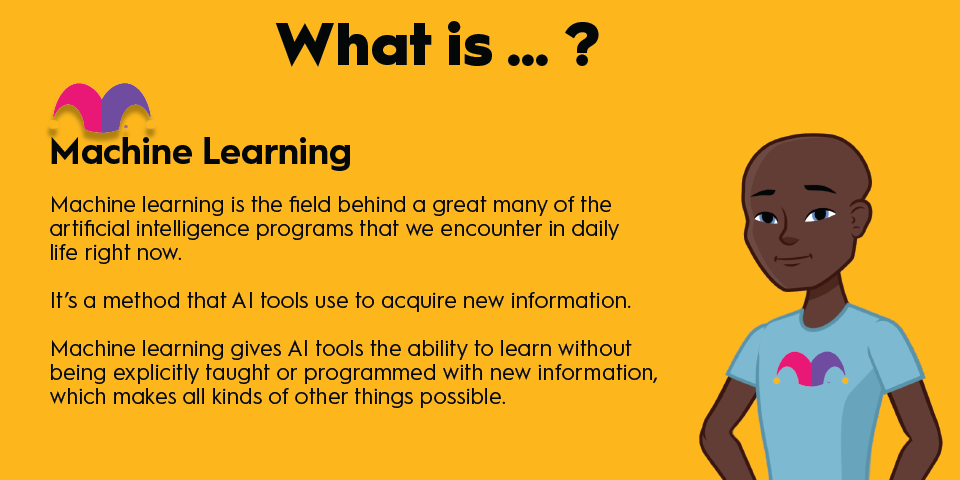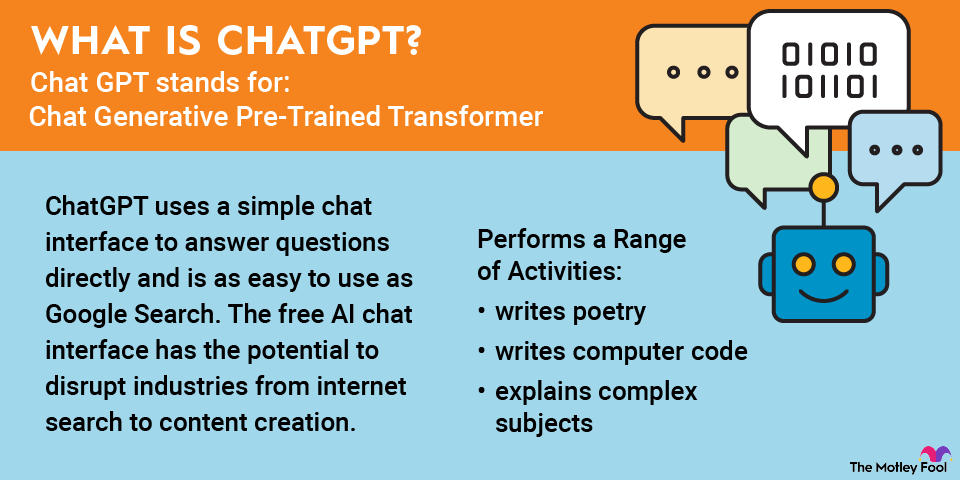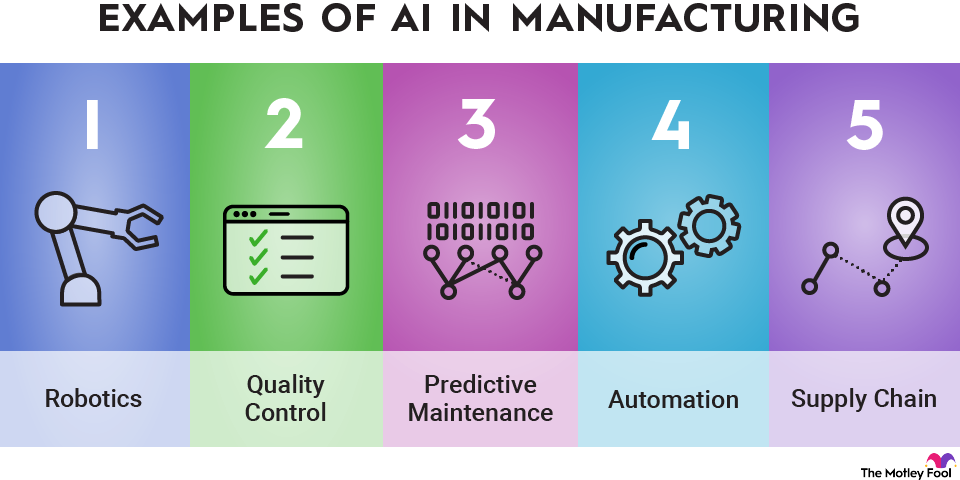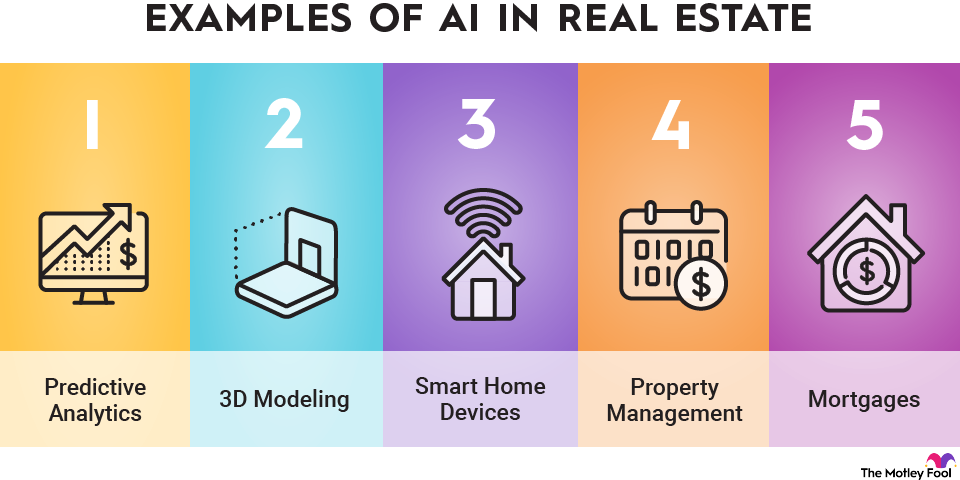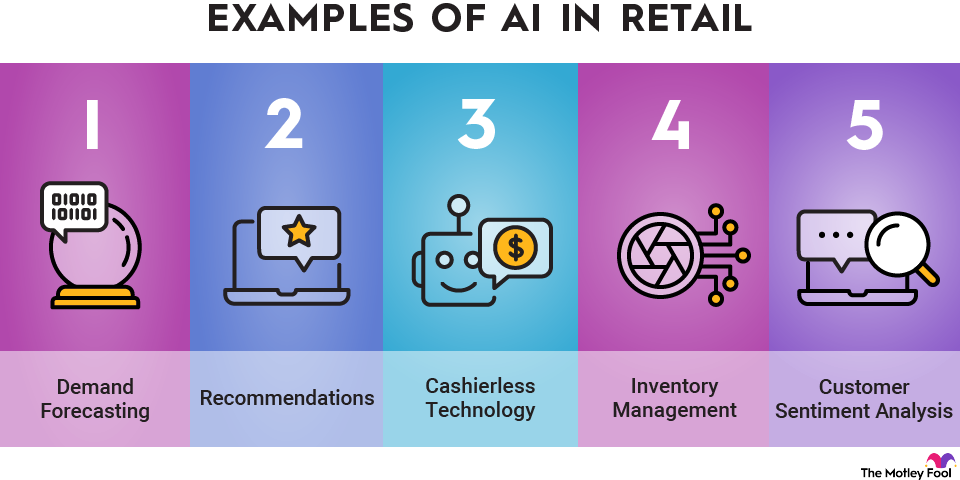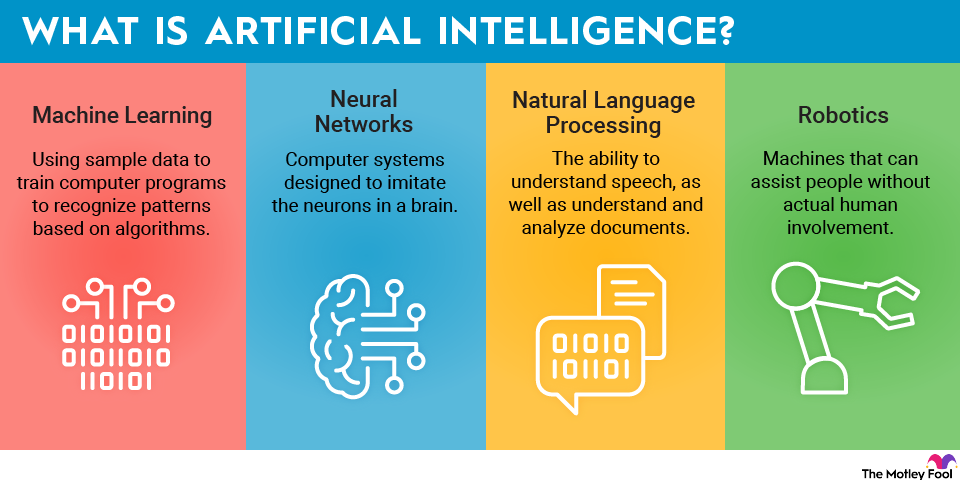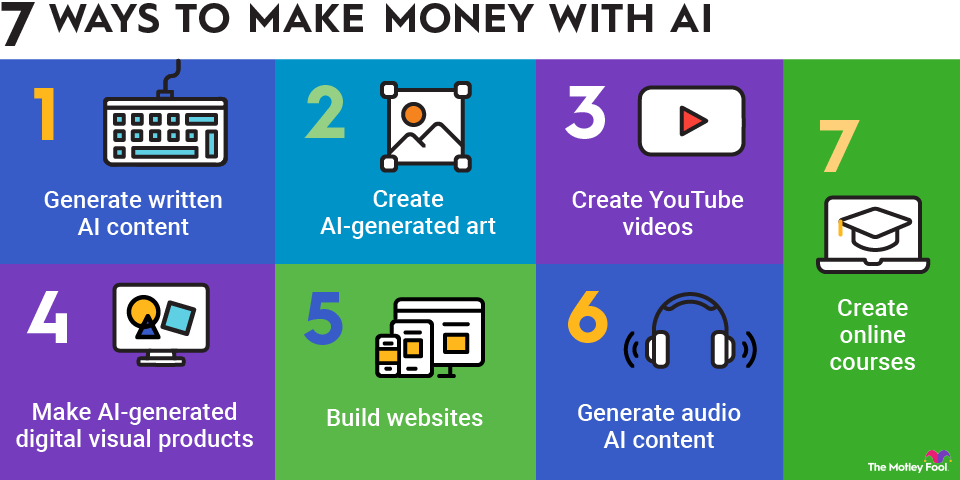Artificial intelligence (AI) is taking nearly every corner of the business world by storm, and companies are finding new ways to use AI in finance.
AI plays a role in the algorithms and quantitative modeling companies used to manage money, and fintech companies are using a wide range of applications of AI in finance to make their businesses more efficient and better serve customers.

Upstart (UPST +1.12%), for example, uses AI models to screen borrowers and establish forecasts on creditworthiness that it considers to be more accurate than credit scores.
Other fintech companies are also embracing AI as a way to differentiate themselves from legacy institutions like banks, and even banks have embraced artificial intelligence for things like customer service, fraud detection, and analyzing market data.
With ChatGPT setting off a new revolution in AI, we could just be seeing the start of AI in the financial industry as these companies find new ways to use this breakthrough technology.
What is AI?
If you're like many investors, you probably have a sense of what artificial intelligence is but have trouble defining it.
Generally, artificial intelligence is the ability of computers and machines to perform tasks that normally require human intelligence, such as identifying a type of plant with just a picture of it.
Artificial Intelligence
Machine learning, which means the ability of computers to teach themselves things using pattern recognition from the data they sample, might be the best-known application of artificial intelligence. This is the technology that underpins image and speech recognition used by companies like Meta Platforms (META -1.41%) to screen out banned images like nudity or Apple's (AAPL +4.12%) Siri to understand spoken language.
Other forms of AI include natural language processing, robotics, computer vision, and neural networks. Natural language processing and large language models (LLM) form the basis of chatbots like ChatGPT.
Examples of AI in finance
In finance, natural language processing and the algorithms that power machine learning are becoming especially impactful. Here’s where AI is already making a measurable impact in the finance industry.
3. AI in insurance
Insurance is a close cousin of finance, as both industries rely on financial modeling and need to accurately estimate risk in order to be successful.
One insurance company that has embraced AI is Lemonade (LMND -7.10%), which has been an AI-based company since its launch a decade ago.
Lemonade uses AI for customer service with chatbots that interface with customers to offer quotes and process claims. Those algorithms can process claims at lightning speed. In 2023, it set a record when AI-Jim, its AI claims processing agent, paid a theft claim in just two seconds. The company says it settles close to half of its claims today using AI technology.
Fraud detection algorithms are also necessary in insurance. That technology helps make high-speed claims processing possible, allowing the company to better serve its customers.
Lemonade says it expects to take advantage of new generative AI technologies, seeing them as accelerants, and it plans to deliver significant savings with the help of ChatGPT and related technologies.
4. AI in customer service
Customer service is crucial in the banking industry, and good customer service can often differentiate one institution from another and retain valuable customers, including high-net-worth individuals.
Banks use AI for customer service in a wide range of activities, including receiving queries through a chatbot or a voice recognition application.
If you've contacted your bank recently, there's a good chance you've engaged with an AI chatbot or a voice recognition system.
AI chatbots help companies respond quickly to customers, and they also have the potential to be used for new products, including product recommendations, new account sign-ups, and even credit products.
In addition to chatbots, banks use AI to help recommend products for customers and manage money.
Chatbots
5. AI in investing
Artificial intelligence is also being used for investing platforms to recommend stock picks and content for users.
Robinhood (HOOD -9.62%) is probably the best example of this kind of platform among financial stocks. The popular trading app has used AI to differentiate itself from competitors and recommend investment opportunities based on things like risk tolerance, investing style, and history. Its AI tools help personalize the user experience.
In July 2024, Robinhood acquired Pluto Capital, which is a free trading platform that's supported by LLM and other AI-powered tools to help users create and automate trading strategies, for an undisclosed sum. Pluto Capital CEO Jacob Sansbury joined Robinhood as an AI technologist.
A new app called Magnifi takes AI another step further, using ChatGPT and other programs to give personalized investment advice, similar to the way ChatGPT can be used as a copilot for coding. Magnifi also acts like a trading platform that can give details on stock performance and allows users to execute trades.
Benefits of AI in finance
Finance is a large industry, and AI can help in a number of ways.
Sussing out fraud and improving compliance is one of the most important ways it's helping financial companies. AI has improved cybersecurity, which helps detect financial crimes and scams.
Automation is also an advantage as AI makes time-consuming tasks like claims processing automatic, reducing the risk of human error and lowering labor costs associated with it.
Finally, AI is also useful for assessing credit risk, which may be the most vexing problem in finance. Improving credit models can lower interest rates, expand credit, and reduce delinquencies for lenders.
Challenges and risks of AI in finance
Though AI can also help prevent fraud and cyberattacks, it can also make financial institutions more vulnerable to such attacks, as it opens up new channels and surfaces to be exploited, and it can also be used by cybercriminals.
AI models useful for creditworthiness or actuarial tables can also be biased, running the risk of discriminating against certain groups, or returning faulty assessments for things like insurance pricing.
Data leaks and breaches may also be more common in the AI era, since AI has created even more data for financial companies to manage. Data can leak either unintentionally or through attacks, exposing a financial institution and its customers.
Related investing topics
Will AI change the world of finance?
The financial industry encompasses several subsectors, from banking to insurance to fintech. It's a highly competitive industry, as banks and other operators constantly seek an edge over one another.
That explains why artificial intelligence is already gaining broad adoption in the financial services industry through chatbots, machine learning algorithms, and other methods.
While finance will always require a human touch and human judgment for some decisions and relationships, organizations are likely to outsource more work to AI algorithms and other tools like chatbots as the technology improves.
The cost-saving potential of artificial intelligence only adds to its appeal to banks and other financial companies. If you're looking for an investment opportunity, consider some of the stocks above, as well as other AI stocks or AI ETFs, if you're looking for a broad-based approach to the sector.








